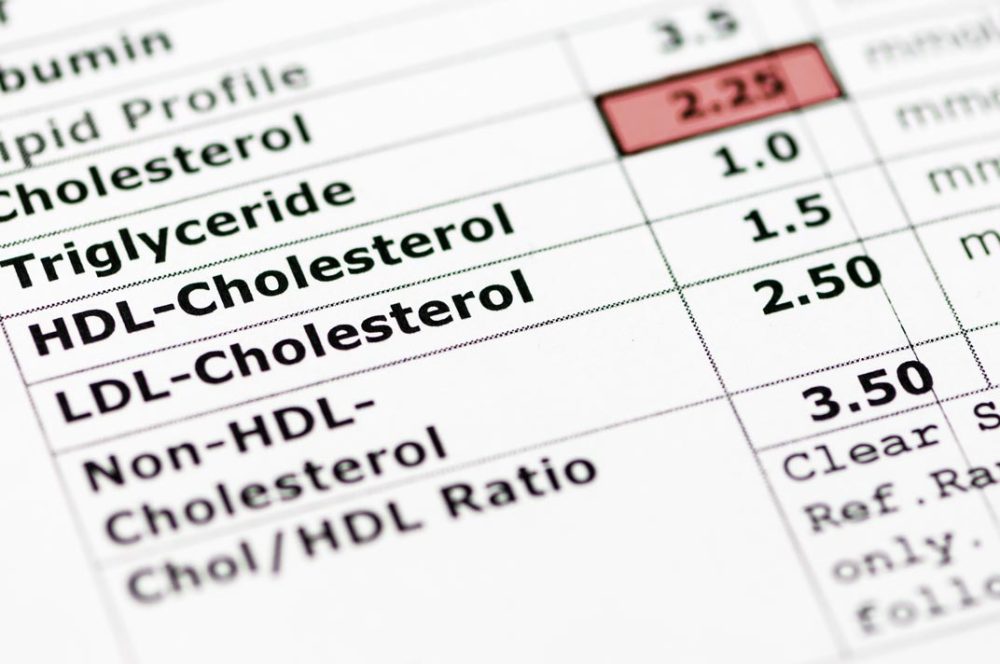Advertisment
ACC 2024: Investigative olezarsen significantly lowers high triglycerides

Investigative olezarsen lowers triglyceride levels by about half at 6 months without noteworthy adverse effects, researchers from the BRIDGE-TIMI 73a trial reported on April 7, 2024 at the ACC/American College of Cardiology’s Annual Scientific Session.
“Treatments to reduce high triglycerides are an unmet clinical need,” said lead investigator Brian Bergmark, MD, of the Thrombolysis in Myocardial Infarction (TIMI) Study Group at Brigham and Women’s Hospital and Harvard Medical School in Boston. “Based on our study’s results, we can say that the drug worked and appeared to be safe. We tested two doses of olezarsen, and both reduced triglyceride levels equally well.”
Olezarsen blocks the creation of apolipoprotein C-III (apoC3), which plays an essential role in changes in triglyceride levels.
The purpose of BRIDGE-TIMI 73a was to compare triglyceride-lowering in two doses of olezarsen in subjects with elevated triglycerides who were receiving standard-of-care lipid treatment.
The investigators randomized 154 subjects with a median age of 62, and 42% were women. The median triglyceride level at baseline was 242 mg/dL (range of 192-324).
The subjects (randomized 1:1) received an injection of 50 mg or 80 mg of olezarsen or a placebo every four weeks for up to 49 weeks.
The primary endpoint was the percentage change in triglyceride levels at six months.
The investigators reported that olezarsen 50 mg and 80 mg doses significantly reduced triglyceride levels at 6 months, by 49% and 53%, respectively (P<.0001 for each dose).
The effect on lipids lasted through 12 months.
Hepatic, renal, or platelet count abnormalities were not clinically significant.
The investigators also reported a reduction in another blood protein, apolipoprotein B (apoB). Levels at 6 months of apoB were reduced by about 18% on both doses of olezarsen. Bermark said that the reduction in levels of apoB is noteworthy because this protein is present on all lipid particles that contribute to cholesterol buildup in the arteries. “If you actually want to reduce a patient’s risk for a heart attack or stroke, you would like to see a reduction in apoB, and we did see that in this study, which is very encouraging,” he said.





